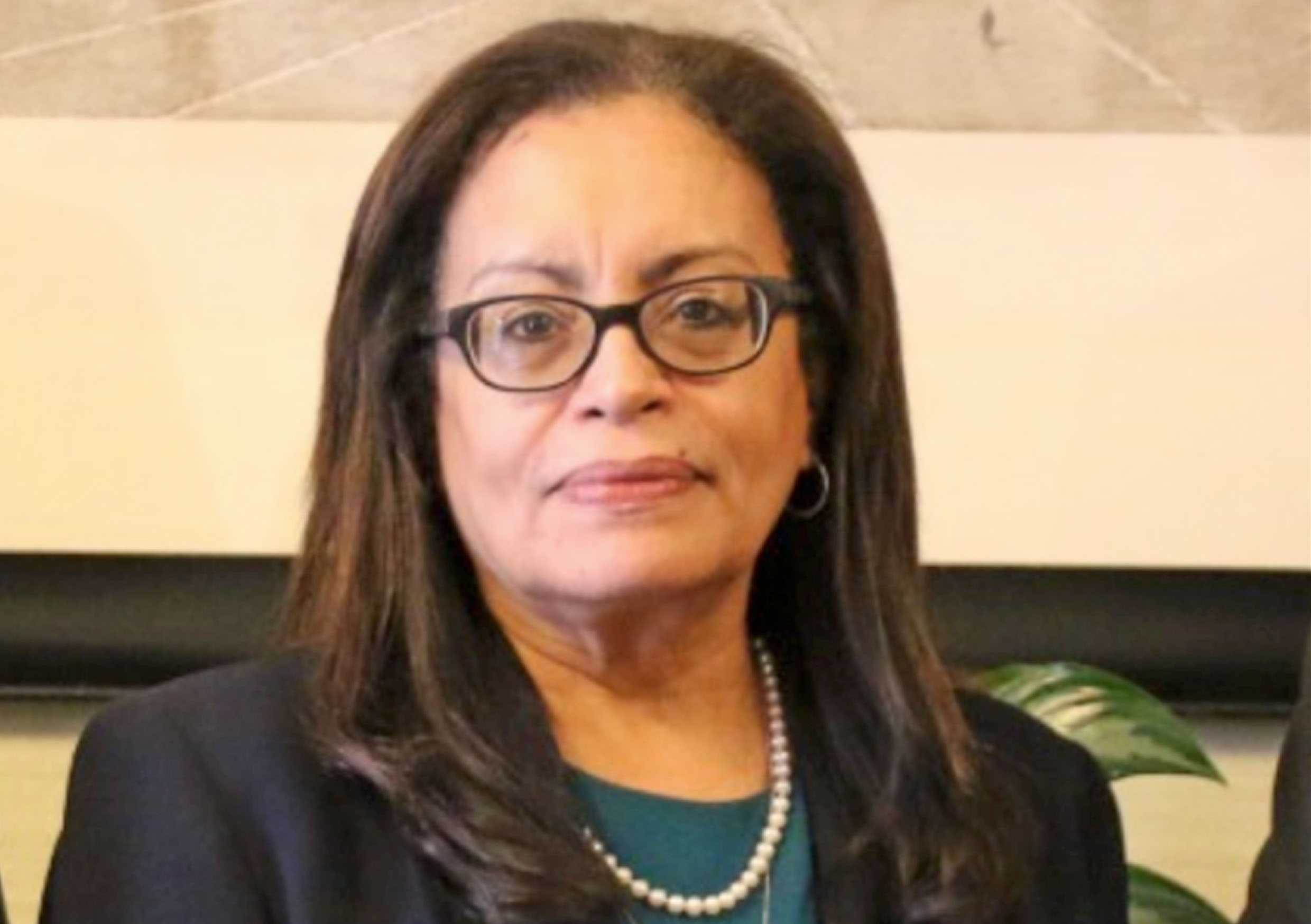The Latino community, among other ethnic groups, was considered the one that suffered the most from the effects of the pandemic, as most workers in this population are allocated to essential services. Many of these workers, in addition to not having access to health insurance, are unable to leave their jobs due to the lack of other work opportunities.
Elisabeth Román, President of the United States National Catholic Council for Hispanic Ministry, will preside over the upcoming Hispanic Ministry “Raíces y Alas” (Roots and Wings) Congress, to be held in Washington, D.C., from 26 to 30 of April. In an interview given to the website
“Aleteia”, she draws attention to the failure of churches and pastoral leaders to support the Latino community in the context of the pandemic.
In the interview, Elisabeth Román talks about the key positions of Congress in relation to the Hispanic ministry in the country. According to the publication, Román noted that “Hispanics are the present and the hope for the future of the American Church. It’s time for their voice to be heard, a voice they feel has been, if not silenced, at least not taken seriously enough for far too long”.
Asked how the pandemic in the United States affected Hispanic pastoral ministry and how these ministries can find new ways of welcoming this community, Elisabeth Román said that many pastors vanished away. “They didn’t just close the doors: they disappeared from the community”.
The point is that people who suffered the most were people of color for several reasons: because of the neighborhoods they live in, because they could not afford to stay at home and not work, or because they were essential workers. Who processed and transported the food? Who were the cooks in restaurants? Who were on the farms, in the supermarkets? Who sustained the country? And all with no health insurance or sufficient sanitary conditions. Both pastors and congregation disappeared. Again, it’s understandable: everyone was afraid. “We were facing something new. But now how do they expect people to come back to the parishes if the first thing they tell them is ‘we need your money?’ Now they expect donations because, it’s true, income has dropped a lot, but where were those pastoral ministries when we really needed them?”
Regarding the request to parliamentarians to resolve the situation of DACA beneficiaries in a symbolic way at the “Raíces y Alas” Congress, Román noted that “there are people of color on the government staff, but the people who go to Capitol Hill to present demands are all white. […] We aren’t demanding anything, but 90% of the decisions Congress makes are based on the direct requests of the people. We need to bring our young people here to make this petition. This is an election year, and we need to be heard”.
Another question was presented in the interview with Román: “Many people believe that the Hispanic Catholic community is growing only because of immigration. But in reality, Hispanics have been present in what is now the U.S. territory since long before the Mayflower arrived. Much of the geography of this country has Spanish names, but the non-Latino community isn’t aware of it. Realizing that the Latino is not an interloper here is empowering. Is this present in Congress in some way, when we talk about Raíces?”
Roman replied that “part of the problem is that we are censored when we speak Spanish, which is the first European language spoken in this country, long before English! […] The message we have received has always been welfarist (‘Oh, let us help you’) but now it’s not like that anymore. We’re no longer just immigrants. In fact, the number of Latino immigrants in the U.S. has decreased: the community has grown mainly through births”.
In answering the question of why the church in general, ministries and leaders are so timid when it comes to social justice despite all biblical value, Román replied that “Justice is central to the Gospel. Jesus requires us to feed the hungry, clothe the naked, and visit the imprisoned, yet many times it’s the last thing we do. […] Hispanics are pro-life, but pro-all-life. You have to defend the baby a girl is carrying in her womb, but you do little if you don’t help the mother, too. It’s not a question of Democrats or Republicans: it’s a question of social justice”.
The full interview is on the mentioned website.
 ncchm-us.org
ncchm-us.org











